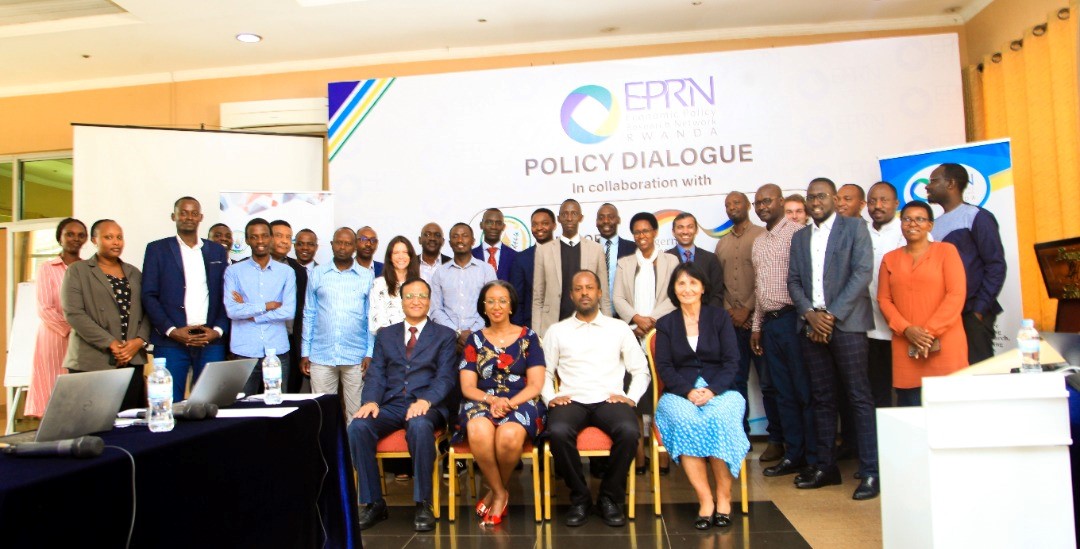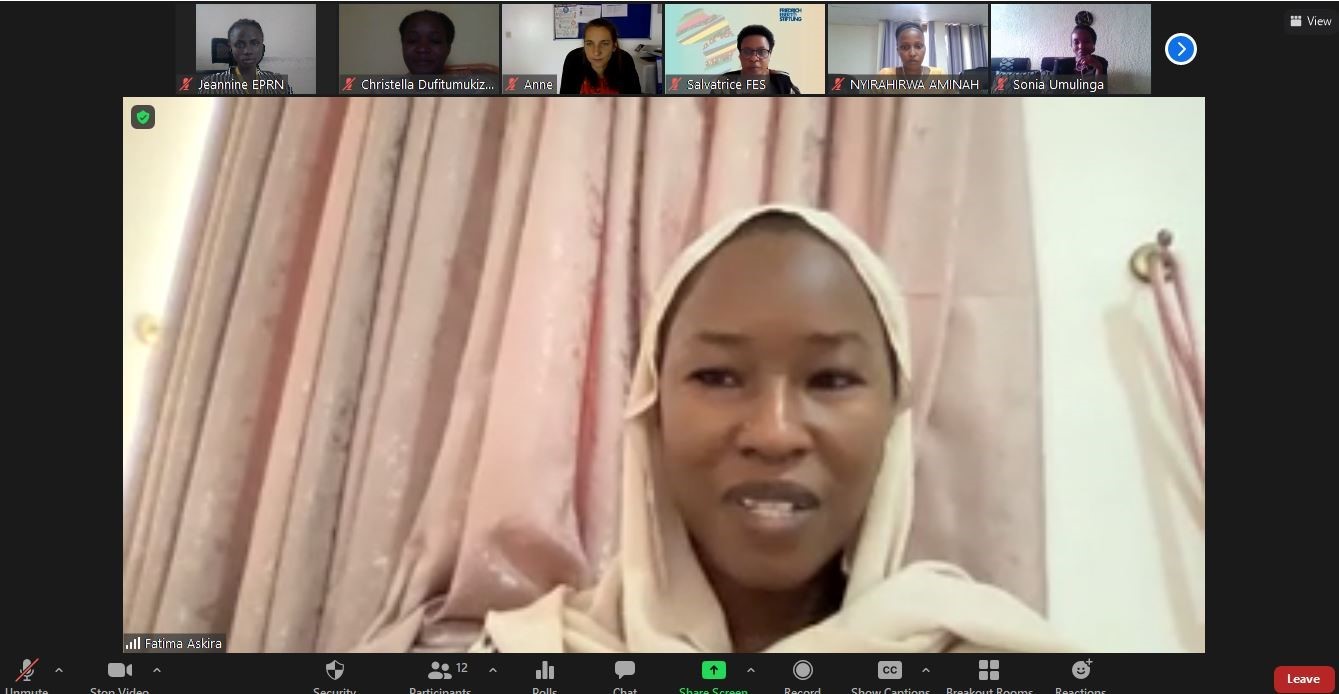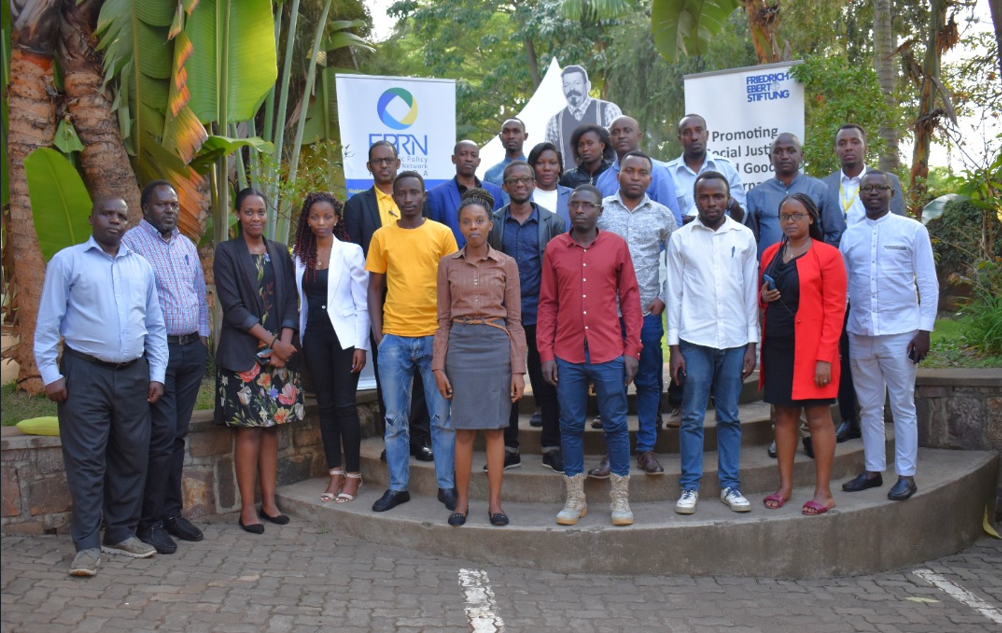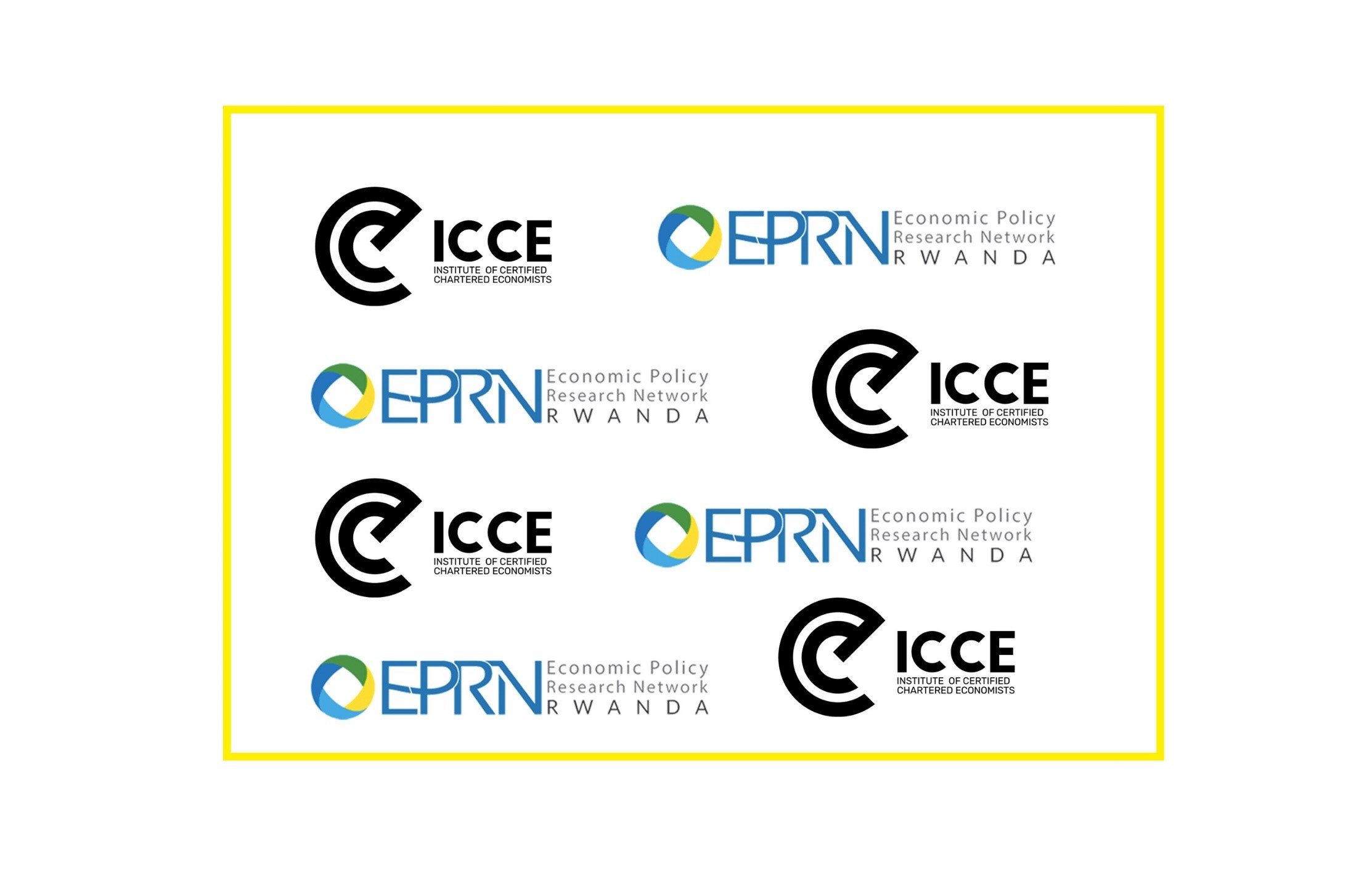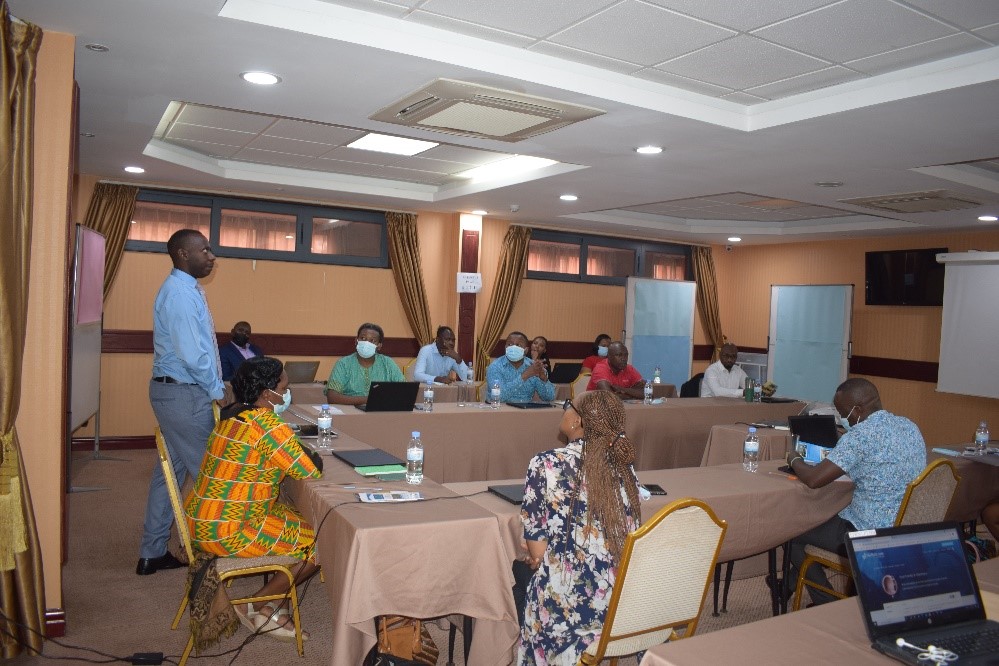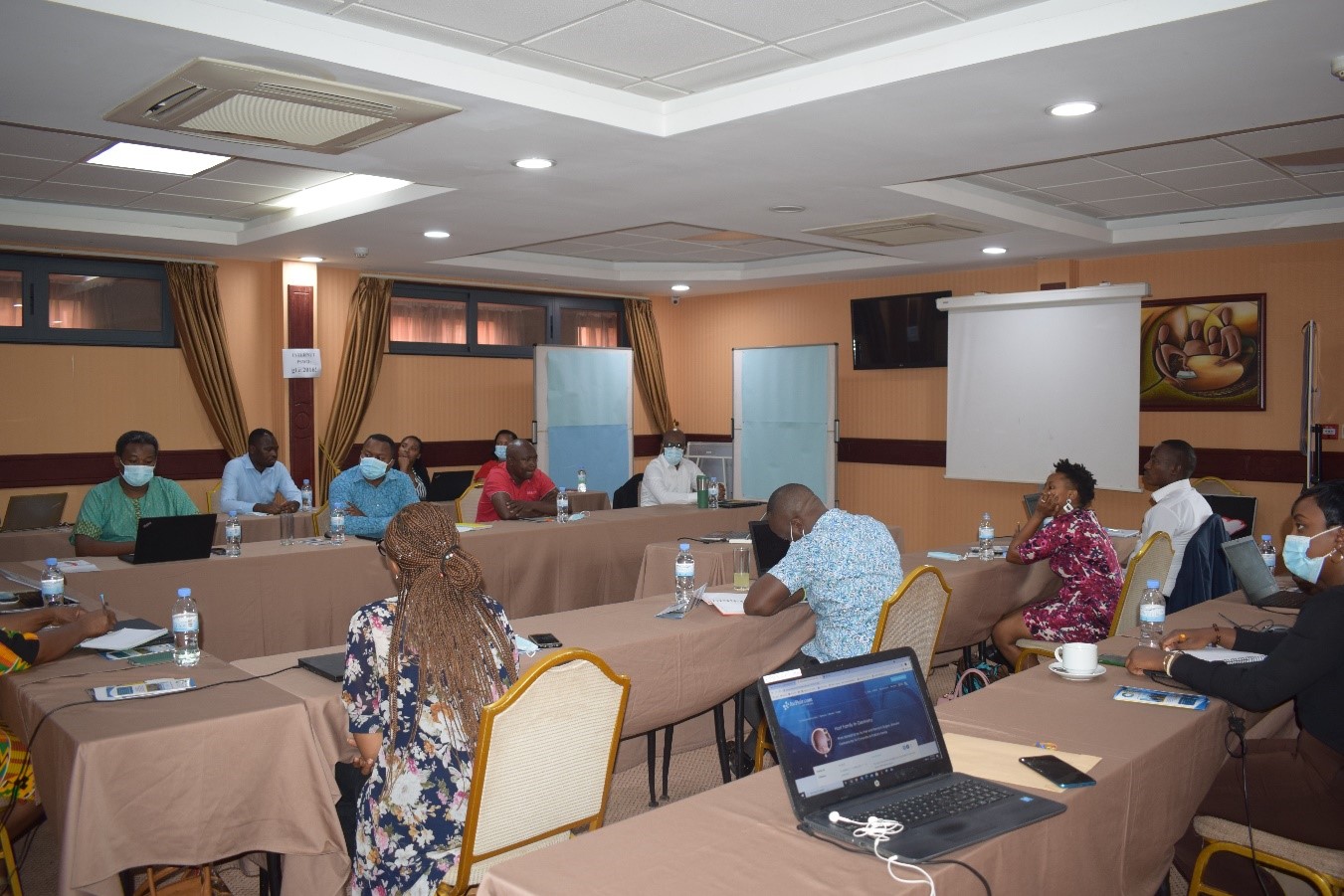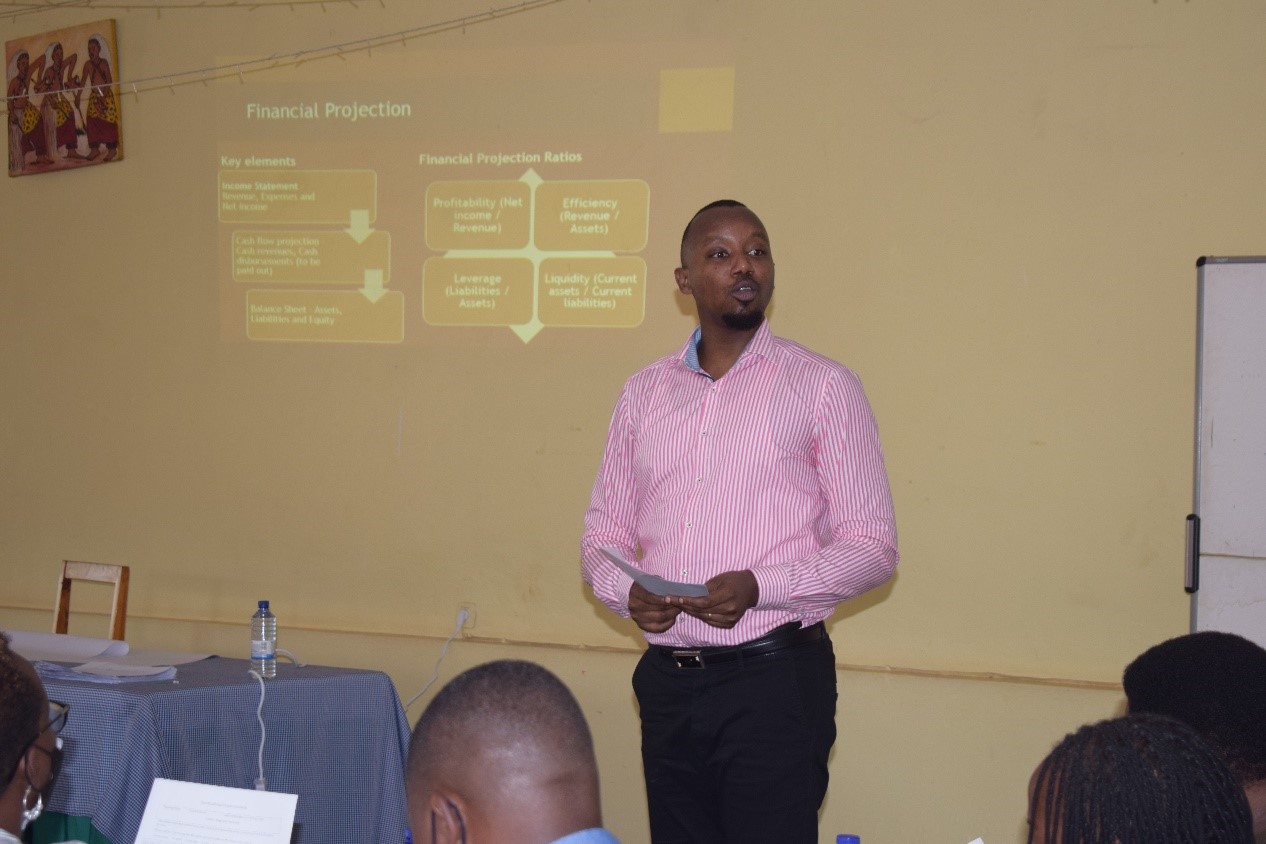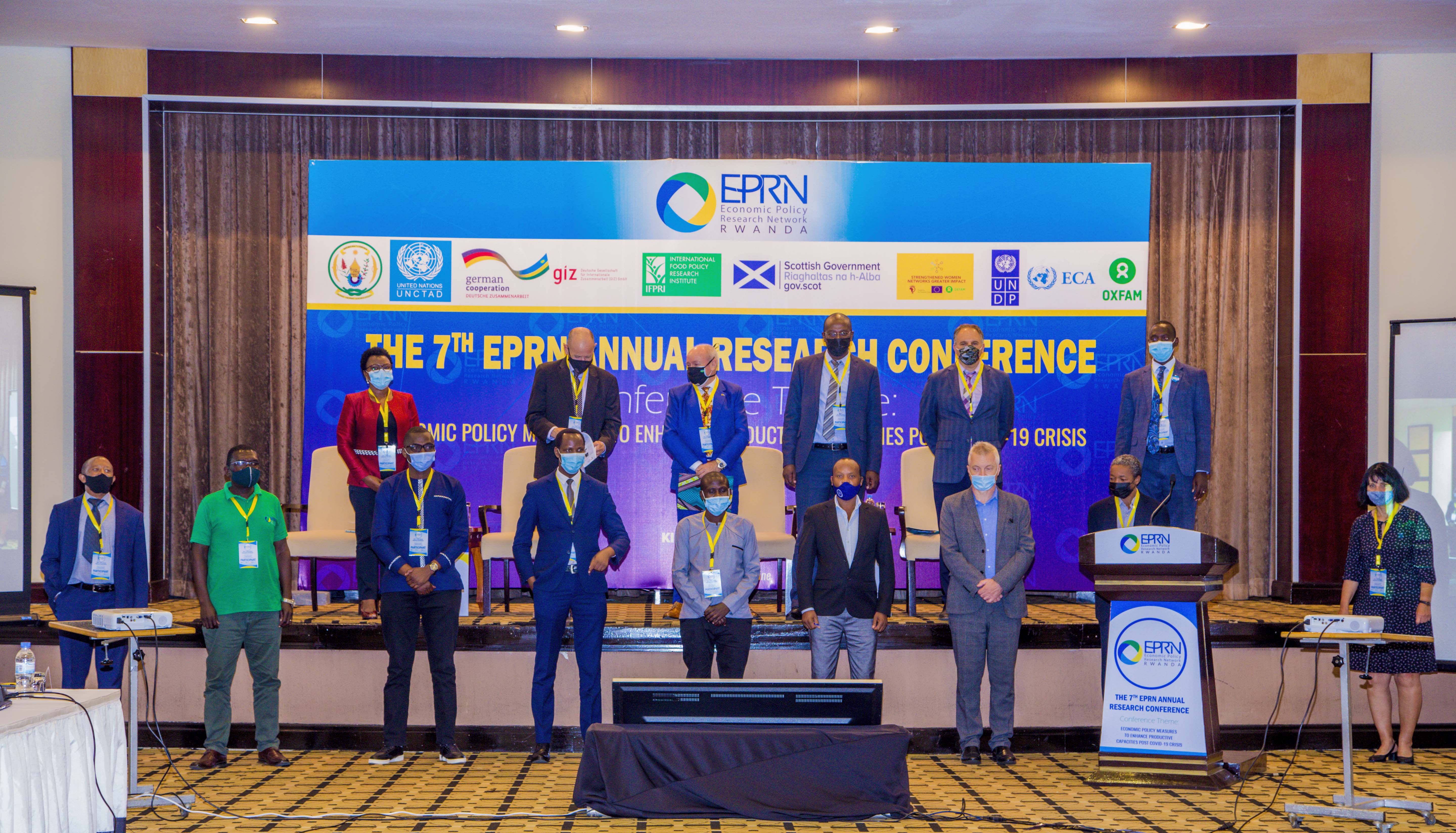Economic Policy Research Network (EPRN) Professional Training
1. Introduction
The scope for evidence-based economic policy-making in Rwanda is constrained by limited capacity in policy analysis and research both at individual and institutional levels. At the individual level, some gaps observed in terms of economic policy analysis and research include limited capacities in qualitative and quantitative analysis, policy analysis and design, and monitoring and evaluation. At institutional level, gaps are at policy formulation processes, data management and analysis, and monitoring and evaluation systems to support policy analysis and research.
2. Objectives
EPRN continuously assesses the updated needs (gaps) in terms of capacity building in the area of economic policy research and analysis and offers relevant and reliable capacity development solutions to help address the real world development challenges. Specific objectives of EPRN in this activity are to :
- Provide trainings for professional growth and career development of Rwandan economists.
- Provide trainings as an opportunity for dialogue and professional discourse on the country’s’ growth and development potentials as well as constraints that could be used by the policy making and implementation process.
- Involve the business community as a state-of-the art center to evidence based capacity development in the current competitive and increasingly globalized world.
- Involve various stakeholders of EPRN as a center of excellence to demand driven and problem-solving training and development needs.
- Establish a standard code of performance for the economic development profession/practitioners and related occupations.
- Serve as a practical training base that fills the gap or mismatch between theory and practice
3. Annual Training Calendar
Every year EPRN develops and publishes its annual training calendar to inform the general public about the planned trainings. However, the annual training calendar is flexible to accommodate potential emerging development needs.
4. Facilitator/Trainer
EPRN has among its members a pool of qualified experienced expert trainers in diversified subject matters. In subject matters where EPRN has no local trainer, head-hunting/outsourcing is done from the region and overseas.
5. Training Quality assurance committee
EPRN has a committee in-charge of monitoring the curriculum, course contents, training delivery to ensure high quality service.
6. Training Fee
EPRN charges an affordable training fee to cover training costs. Members are given discount as part of their benefits from being EPRN member.
The current fee structure is as follows :
a. Individuals
- 60,000 Rwf per course for a member ;
- 100,000 Rwf per course for a non-member.
b. Institutions
- Public Institutions and Development partners : 2 Million Rwf
- Universities, Private Companies and NGOs (both Local and International) : 1 Million Rwf
NB : in case EPRN takes care of logistics, the price doubles.
Courses of tailor made trainings will be negotiated differently from the above mentioned costs.
7. Certificate
At the end of each course, EPRN delivers a test, and ONLY participants who successfully pass the course with at least 60% will get the certificate.
For other details, contact :
Economic Policy Research Network (EPRN)
E-Mail : info@eprnrwanda.org
Tel : 0788 357 648
Website : www.eprnrwanda.org
Office at UR-CBE Gikondo (KK737St)
P.O. Box 7375 Kigali, Rwanda





